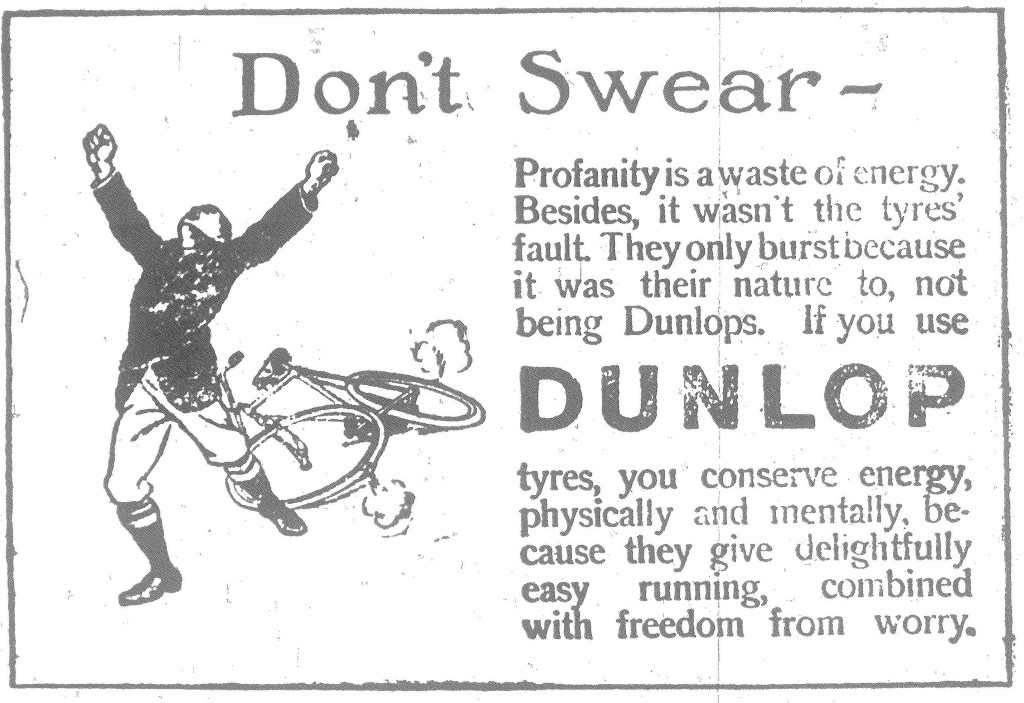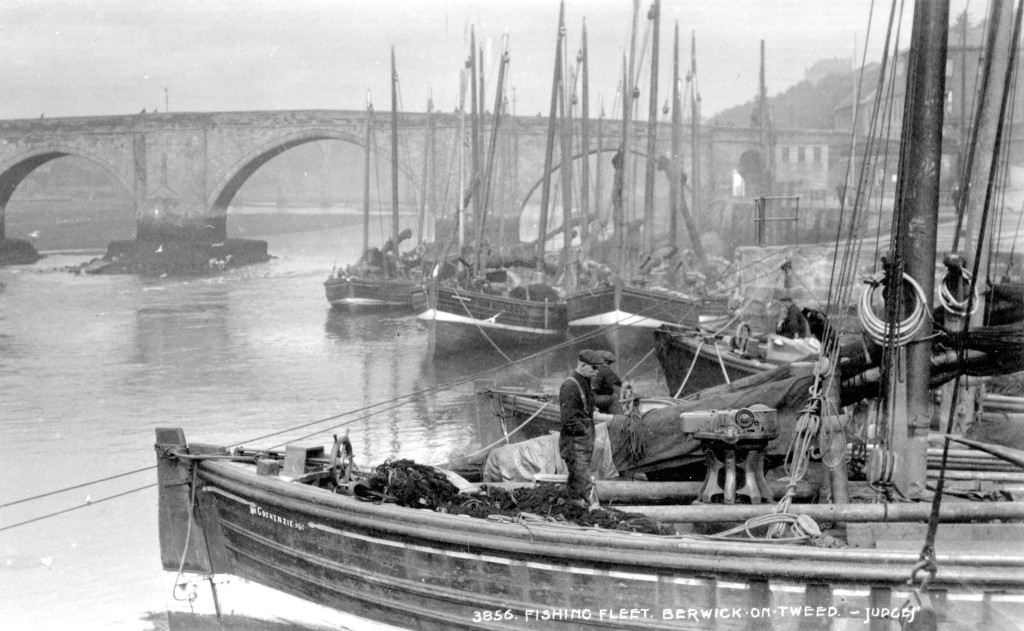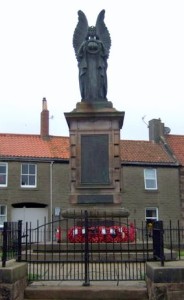One of our Northumberland At War volunteers is researching the Minute Books of the Ashington Coal Company and whilst looking in the newspapers for an article came across this interesting story regarding the Pacifist Party in the Morpeth Herald, dated 3 August 1917.
A stormy ending and a rout of the Pacifist party marked the scenes at the North East Coast Conference held at the Central Hall, Newcastle on Saturday, under the auspices of the Workers and Soldiers’ Council.
The platform was stormed before the second resolution had been submitted to the meeting, the Union Jack was triumphantly waved and “Rule Britannia” and the National Anthem sung.
The meeting was held in the Central Hall and William Weir, President of the Northumberland Miners presided over a large attendance.
Previous to the meeting beginning a scuffle took place at the back of the Hall and the Stewards were called upon to eject a few intruders. In a few minutes the doors had been rushed and free fights ensued. Two or three dozen men, many of the soldiers or sailors were mixed up in the struggle.
Free fights took place in different parts of the Hall and a number of men were led away with their faces cut or bleeding. The crowd that had broken into the building was apparently too strong for those who occupied the place. Continuous howls came from the back of the Hall and while the Promoters attempted to restore order there were loud shouts of “Lusitania” and “Rule Britannia”.
A Naval man mounted the platform and exclaimed: “Why do you want Peace?” Then he shouted to the Delegates: “You are not worth a d*****!”
He was followed by a wounded soldier among others who rolled up his sleeve and showing a wound on the arm, shouted: “That is what I got for fighting for traitors” The meeting continued to be noisy and Mrs Despard was among those who appealed to the meeting.
The Chairman after quiet had been fairly well restored said the only point of disagreement that appeared to be in the meeting was whether they should end the war by negotiation or fight it out till the end. One had met men who once said: “Fight it out until the end” but today they said the War could not be fought out and that someday it would have to be ended by negotiation.
Mr Straker’s View
Mr William Straker of the Northumberland Miners’ Association moved a resolution approving of the Russian Revolution and undertaking to work for a general peace without annexations or indemnities.
Mr Straker said that he was not in favour of peace at any price. So long as they were sending their lads – and he had sent two to the Front – they had to support them by every possible means. Personally he was not prepared to do anything to embarrass the Government in the carrying out of the War.
He was there not as a representative of the Northumberland miners but as a citizen claiming the right of a free man. We had got to win this war but what he was afraid of was that we would drive the Russian Revolutionists into making a separate peace. The point on which we differed was the question of indemnities but that was a question that did not bother him much.
Councillor James Smith of Newcastle seconded the resolution
A dissident went onto the platform and said that three of his sons had fought for the country, one of whom had been killed. He compared the meeting with one of traitors whose object was to betray the Fatherland.
The resolution on being put was declared carried after being supported by Mrs Despard who said there had never been in the world’s history a peace that was not a ‘patched-up-peace’
A voice: “How are you going to get the Germans out of France and Belgium-By going on our knees?”
Mrs Despard said: “That is a question for our soldiers – Ask our Generals!”
Wounded Soldier’s View
A wounded soldier declared that a meeting did not express the opinion of Newcastle. If they did not get peace with indemnities, Germany would rise again, and we would have another war to wage.
Mr G. H. Warne (Ashington) submitted a second resolution committing the Conference to work for the co-ordination of Working Class activity in support of a peace made by the people.
The speaker was told by a member of the audience to go to the Front.
Mr Warne: “If we all go to the Front it will be the biggest disaster. I along with thousands of my fellows go into the trenches in the coal-mine every day”
There was further interruption and the speaker exclaimed: “If I had been Mayor of Newcastle that Policeman would have removed that man (Applause). He hoped the Labour members of the City Council and the Northumberland miners who wanted fair play would have something to say about the Policemen and the Watch Committee of Newcastle”
The interruption continued and the Chairman made a futile attempt to restore order. Eventually the platform was stormed and there were several free fights. Several of those who had participated in the great demonstration at the Cowen Memorial ascended the platform.
The union Jack was waved and heated arguments ensued between pacifists and anti-pacifists.
One Colonial, facing the audience exclaimed: “I have fought for the flag of old and I will fight for the flag again!” (Loud cheers)
A delegate in the balcony held a heated argument with a wounded soldier and declared he would summons him for rioting. A few seconds later the delegate was bustled out of the hall.
The National Anthem and “Rule Britannia” were sung by those who had forced their way into the conference. The majority of the delegates eventually quit the building and the proceedings terminated amid a scene of intense excitement.
During the proceedings, the brass rail that was on the platform was dislodged and a bundle of copies of the resolutions was torn into shreds.
We would like to express our sincere appreciation to Derek Holcroft for finding and transcribing this wonderful article for our Northumberland At War Project




